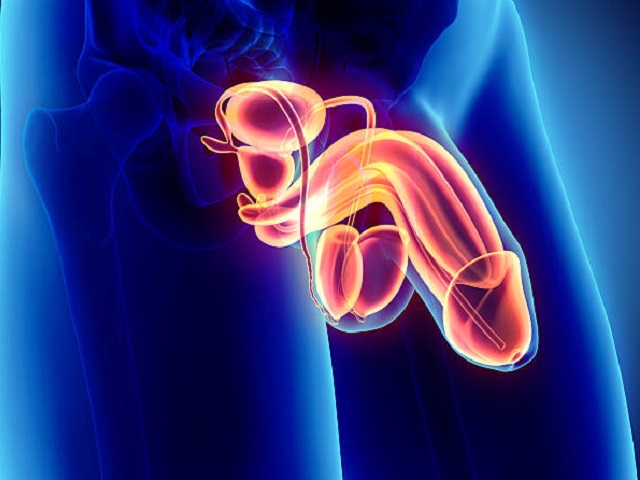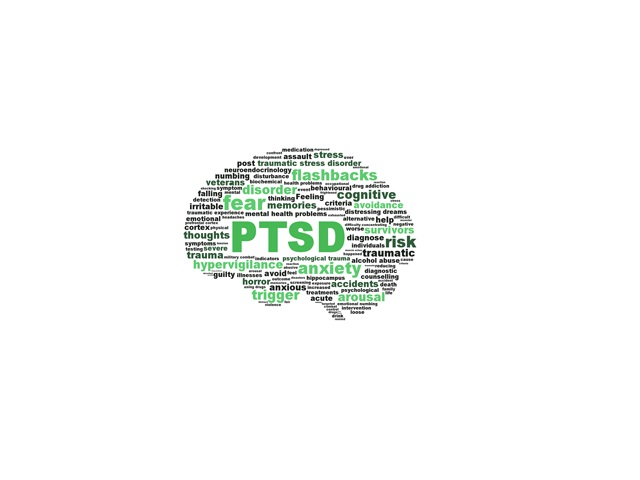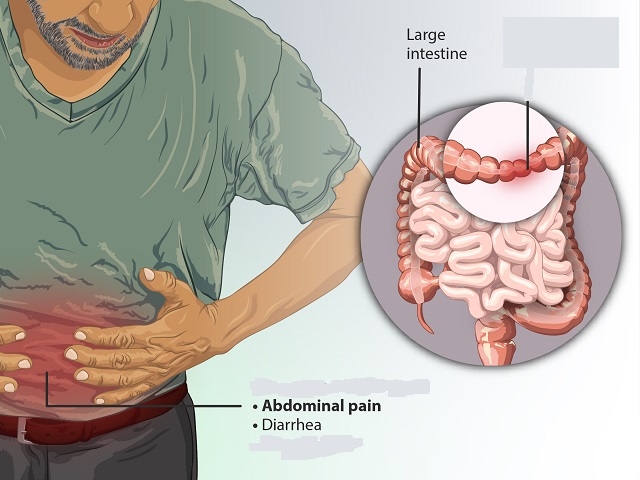Critical Signs You May Be Suffering From Impotence -- Symptoms, Causes, Effects, Treatment and Prevention
Impotence in men, also known as erectile dysfunction (ED), refers to the inability to achieve or maintain an erection sufficient for satisfactory sexual performance. It can have a significant impact on an individual's self-esteem, relationships, and overall quality of life.
Symptoms of Impotence:
The primary symptom of impotence is the persistent inability to achieve or sustain an erection. Other symptoms may include reduced sexual desire, difficulty initiating or maintaining an erection, and experiencing anxiety or stress related to sexual performance (NIH Consensus Conference, 1993).
Causes of Impotence:
Impotence can have various underlying causes, including both physical and psychological factors. Common causes include:
- Chronic diseases: Conditions such as diabetes, cardiovascular disease, and neurological disorders can contribute to impotence.
- Medications: Certain medications, such as those used to treat high blood pressure, depression, or prostate conditions, can cause or worsen erectile dysfunction.
- Lifestyle factors: Unhealthy lifestyle choices, such as smoking, excessive alcohol consumption, and drug abuse, can increase the risk of impotence.
- Psychological factors: Stress, anxiety, depression, and relationship issues can all contribute to erectile dysfunction.
Effects of Impotence:
The effects of impotence can be far-reaching and can have a significant impact on an individual's emotional well-being, relationships, and overall quality of life. It may lead to feelings of frustration, embarrassment, and a loss of sexual intimacy and satisfaction (Hatzimouratidis et al., 2010).
Treatment and Prevention of Impotence:
Treatment options for impotence depend on the underlying cause and may include:
- Lifestyle changes: Making healthy lifestyle choices, such as regular exercise, a balanced diet, and avoiding excessive alcohol and tobacco use, can help improve erectile function.
- Medications: Oral medications, such as phosphodiesterase-5 (PDE5) inhibitors, are commonly prescribed to enhance erectile function.
- Psychological counseling: Therapy or counseling may help address underlying psychological factors contributing to impotence.
- Medical interventions: In some cases, medical interventions such as penile implants, vacuum erection devices, or injections may be recommended (Hatzimouratidis et al., 2010).
Prevention strategies for impotence involve maintaining a healthy lifestyle, managing chronic conditions effectively, and seeking prompt medical attention for any underlying health issues that may contribute to erectile dysfunction.
It is important for individuals experiencing impotence to consult with healthcare professionals, such as urologists or sexual health specialists, for an accurate diagnosis, personalized treatment options, and guidance on managing the condition effectively.
References:
Hatzimouratidis, K., Amar, E., Eardley, I., Giuliano, F., Hatzichristou, D., Montorsi, F., ... & Wespes, E. (2010). Guidelines on male sexual dysfunction: erectile dysfunction and premature ejaculation. European Urology, 57(5), 804�814. doi: 10.1016/j.eururo.2010.02.020
NIH Consensus Conference. (1993). Impotence. JAMA, 270(1), 83�90. doi: 10.1001/jama.1993.03510010089036s


















